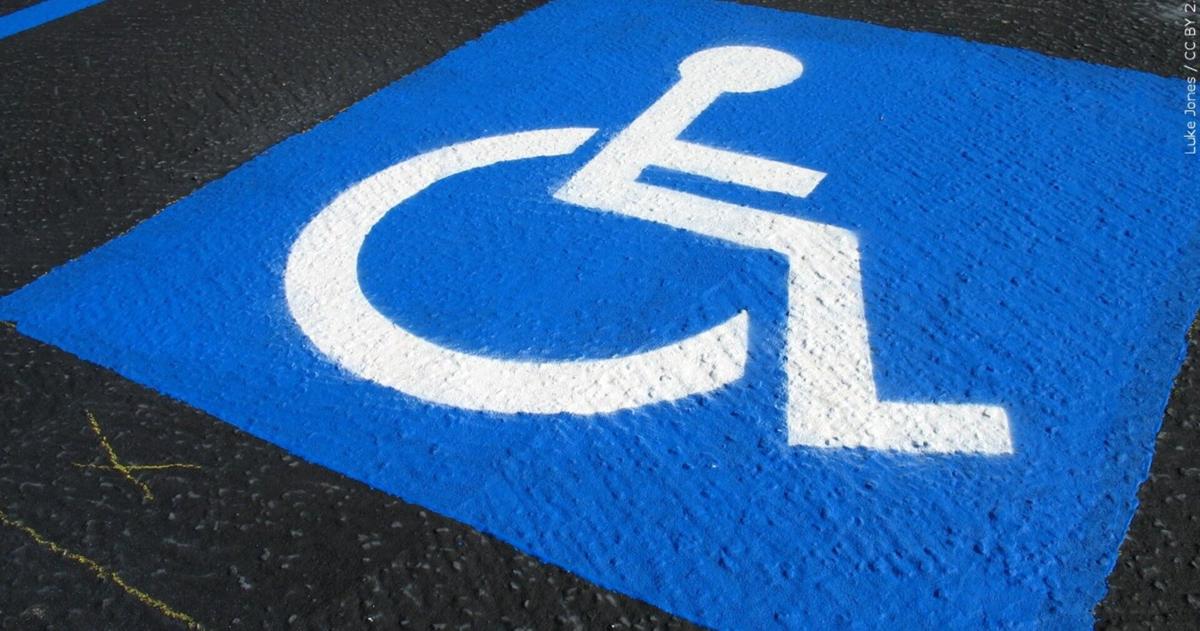READING, Pa. – Reading City Council is considering the idea of granting residential handicapped spaces for specifically identified residents.
The current city ordinance allows anyone with a doctor’s note to apply for a handicapped space, but once posted, the space can be used by anyone with a handicapped placard.
Often during public comment, residents complain that while they are the ones who do the work to obtain the spaces, several residents use them, often preventing them from being able to park near their home.
Councilmember Jaime Baez Jr. brought the matter to the attention of the city administration, asking for a revised city ordinance to guarantee that handicapped residents can have their own on-street parking spaces.
Council solicitor Michael Gombar said there are some municipalities throughout the state which offer exclusive parking spaces for handicapped residents.
“Pennsylvania law does allow for making spaces exclusive and allowing a municipality to charge a fee to residents making application for the spaces,” Gombar said. “But the law does include a provision at the end that says you must still comply with the Americans with Disabilities Act, and the ADA does not specifically speak to this in its legislation.”
“But there is guidance out there with respect to the ADA that basically says that these spaces should not be exclusive, and that they should be open and available for any person that has the handicapped placard,” Gombar said.
He added that in researching the matter, he found that several years ago, the federal department of Housing and Urban Development did some sort of audit of the city ordinances and had an issue with the city charging a fee for applying for handicapped spaces and for limiting the number of spaces allowed within a block.
At that time, the city charged for the spaces and limited the number of spaces but then changed its ordinance to be compliant with HUD directives.
“HUD controls a significant amount of the purse strings when it comes to financing and funding that comes to not just the City of Reading, but other municipalities,” Gombar added. “Any future changes would obviously be subject to the same sort of scrutiny or review from HUD.”
Baez said he feels strongly about the city making the change.
“I would like to move forward with some kind of legislation and and maybe be a little progressive here and say, ‘Why don’t we try it out?'” Baez said. “Every time that there is a concern at least brought to my attention, my instinct is to ask, ‘How can we solve this problem?'”
Council President Donna Reed said she didn’t disagree that the topic should be looked at but added there are multiple issues involved.
City solicitor Fred Lachat said he would want to look at the Pennsylvania Department of Transportation and its ADA compliance issues.
“I would suggest that if we draft something, we don’t introduce it right away,” Lachat said. “Maybe we can put the draft on a Committee of the Whole agenda.”
Public Works Director Kyle Zeiber said there may be practical concerns, as the public works department manages the current program.
“There are currently over 920 spaces in the city, and if somebody new applies, we don’t turn them down, as long as they meet the criteria,” Zeiber said, “We don’t turn people down just because there’s too many in the block, but it is becoming a challenge to manage this.”
Managing Director Jack Gombach suggested the city start drafting some legislation and include the police department and the parking authority so that everyone is having the same conversation.

